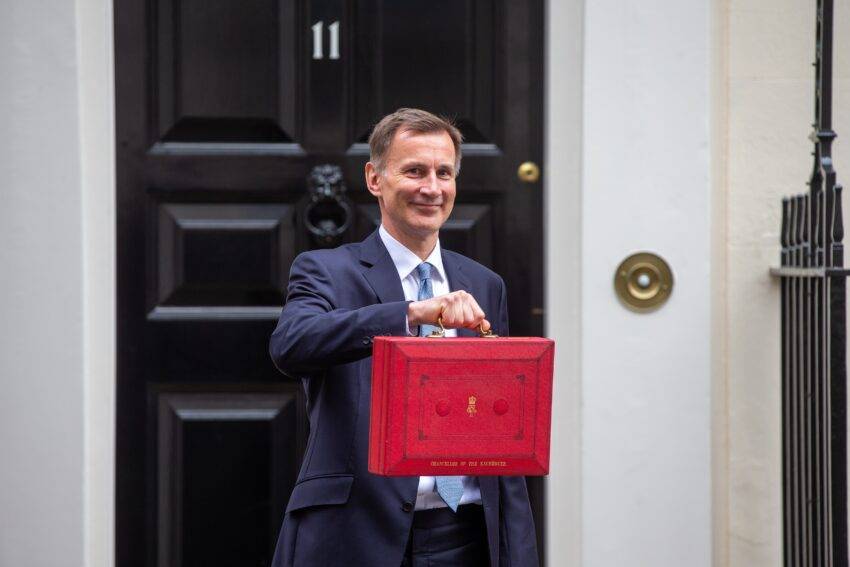
Lane Kiffin’s mouth is moving, which history tells us, means obnoxious words are spilling out. At Monday’s SEC Media Day, the Ole Miss head coach performed a cover of the same song every obstinate coach has been playing for the past year. Kiffin was just one of the few foolish enough to pitch a terrible solution to a non-existent NIL-related problem.
“If you have boosters deciding who they’re going to pay to come play and the coach isn’t involved in it, how does that work? They just pick who they want and tell you who to play? And when they don’t play, how is that going to work?” Kiffin said. “I’ll say what people don’t say as you know. So, it’s like a payroll in baseball, what teams win over a long period of time? Teams that have high payrolls and can pay players a lot. So we’re in a situation not any different than that. I’m sure other people have said it, I said it say one, you legalized cheating so get ready for the people that have the most money to get the best players, and there you have it. So it is what it is.”
Kiffin whining about the advantage NIL money has given blue blood programs, and clutching his pearls about (top) prep players letting money guide their decisions on where to attend, makes him sound like a playa hater that elite recruits want to avoid. It’s a perpetual cycle of self-sabotage.
Kiffin’s issue with collectives concerns their operations as a clandestine extension of college football programs. However, he undermines his own argument in his own statement to the media by complaining about how coaching staffs have no say in which student-athletes NIL collectives pay. Maybe he just confused NIL deals with legally-binding National Letter of Intents. But let’s get the facts straight. NIL deals cannot force a player into attending a particular school. Most five-star recruits, however, are communicating with the collectives at schools they’re already interested in, and too often for Lane Kiffin’s liking, that school isn’t Ole Miss.
Kiffin’s more worried about recruiting better, which translates to winning more games and earning a raise or a more high-profile job. The well-being of athletes isn’t even on his narcissistic radar. He’s been talking about a salary cap since Signing Day when he got smoked by Texas A&M, UGA, LSU, and Alabama.
Even without the boosters floating around the NIL collective space, the Rebels are at a disadvantage next to SEC standard-bearers. Blue chip recruits are instinctively going to select the schools that give them the best chances to win, play as early as possible and maximize their exposure so their fat NIL direct deposits can leave a crater in their accounts when they drop.
You wouldn’t know it from all the gripes, but Kiffin managed to wrangle a top-20 recruiting class during the last cycle without earning a commitment from a single five-star recruit. However, controlling student-athletes is a reflex for college football coaches of Kiffin’s ilk though. The salary cap he proposed is the sort of thing that sounds ridiculous on its face and is even more asinine if you peel back the layers.
Coaches controlling NIL money is never going to happen and if anyone in the NCAA tried capping a student-athlete’s NIL earnings potential, it would likely violate the National Collegiate Athletic Association v. Alston Supreme Court ruling that ended the NCAA’s exploitative amateurism model.
Normally, it would be unwise to dig too deeply into the mind of Lane Kiffin. In the future, don’t make the mistake of trying to understand his incomplete thoughts. You just nod your head and hope he gets distracted by a blade of grass blowing by. But beneath that visor is someone who’s starting to, very slowly, get a clue.
Since Signing Day, Kiffin has facetiously mentioned the possibilities of a college football salary cap and he doubled down this week. While comparing college football to the pros, Kiffin was on the verge of suggesting student-athletes should be employees but stopped at the goal line. saying, “We aren’t allowed in the current system to manage what they make. We’re not there yet and I don’t know that we ever will be, that’s just what I said it should be because that’s what any other professional sport, which is what we are now, does.”
I know that Kiffin’s NFL run lasted only half a season, but who told him that general managers have a say in players’ business affairs off the field? This quote only works if Kiffin confused salary with endorsement money.
Secondly, Kiffin may have accidentally stumbled onto something, but it was not the answer he expected. If Kiffin wanted to be a real advocate for his players, he’d hop on board with universities making FBS athletes paid employees. It doesn’t tread on any NIL rights established by the courts and would allow the financially stable megaconferences, like the SEC, to maintain their supremacy. Everyone wins except small conference teams
NIL is here to stay. It’s not a perk. It’s a protected right for students to be allowed to accept the same endorsement benefits that celebrities, influencers, and musicians have signed without restrictions. Welcome to capitalism, man.
However, a salary cap works — if you consider student-athletes to be employees. Kiffin’s atavistic desire to exert his influence on the finances of prospering athletes is puzzling. Unfortunately, his subconscious lost the thread once he realized it was heading towards the logical conclusion of designating student-athletes paid employees. We heard him loud and clear though.

















